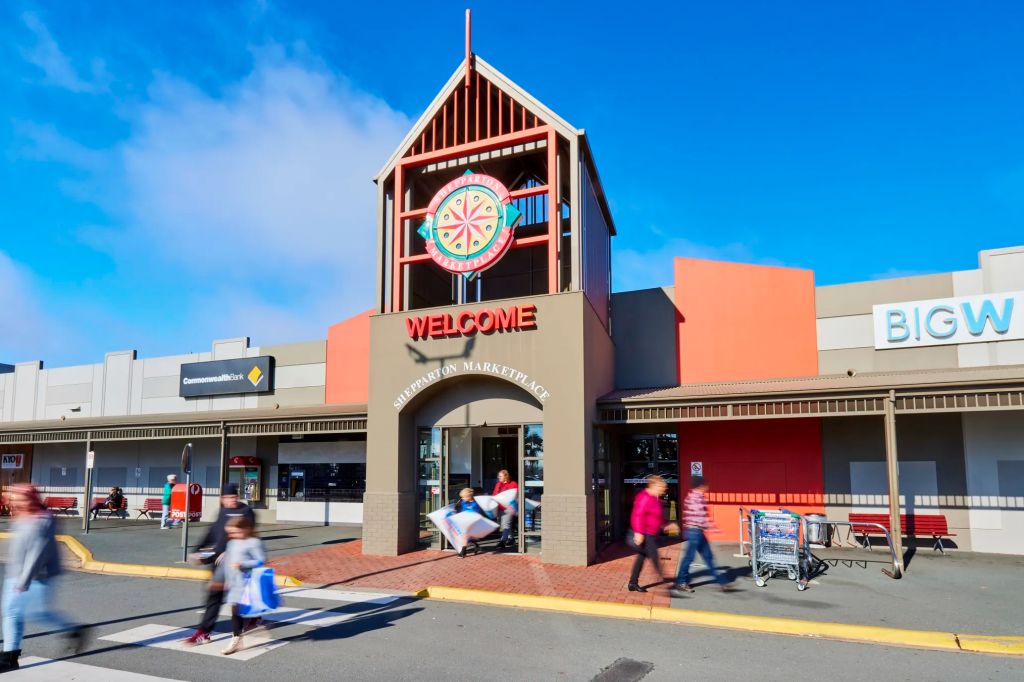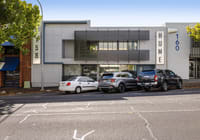
Singaporeans buy regional shopping centre
A Singaporean group has added a regional shopping centre to its growing Australian real estate portfolio, paying $88 million even as the rising cost of debt slows sales in the retail sector.
Singapore listed Metro Holdings and joint venture partner Sim Lian Group paid the vendor, Dexus Wholesale Property Fund, $88.1 million for the Shepparton Marketplace, a regional Victorian shopping centre anchored by Woolworths supermarket chain.
Many of Australia’s large retail trusts are looking to offload regional and subregional shopping centres and plough the money into the development of more lucrative industrial assets.
Metro and Sim Lian said the total price of the transaction including stamp duty and acquisition costs was $92 million.
The deal adds the 16,535 square metre Shepparton centre to the group’s existing Australian portfolio of four office buildings and 13 retail centres with a value around $1.2 billion.
CBRE’s Simon Rooney and James Douglas negotiated the off-market sale.
“The level of buyer interest … demonstrates the continued depth of demand for quality sub-regional shopping centre assets, particularly centres offering value-add opportunities,” Rooney said.
The rising cost of debt – Australia’s Reserve Bank lifted the cash rate 0.25 percentage points to 2.6 per cent on Tuesday – is eating away at values of shopping centres and lifting capitalisation rates – a measure of return and risk on real estate assets.
Bigger institutional investors are finding it harder to justify the outlay, reducing the buyer pool and the number and quality of centres that are selling.
Shepparton Marketplace, which boasts a Big W discount department store, 30 smaller speciality tenants and a Woolworths Petrol Plus service station, sold on a cap rate of 6.25 per cent.
Property researcher and director of The Data App, Rob Ellis, said when the big real estate trusts began to sell off regional centres last year, cap rates came down.
“What’s happened this year is basically the market dried up,” Ellis said.
“It’s down roughly 50 per cent on last year, whether it’s by volume, square metre or value. It collapsed effectively.”
Ellis said, on existing sales evidence, cap rates have risen from just under 5 per cent to just over 6 per cent in three months.
“The market has changed, the cost of borrowing has changed, and compensation for risk has changed dramatically as well,” he said.
“Investors are getting paid very little compensation for risk and either must accept lower returns or accept that cap rates are going to rise still further.”











